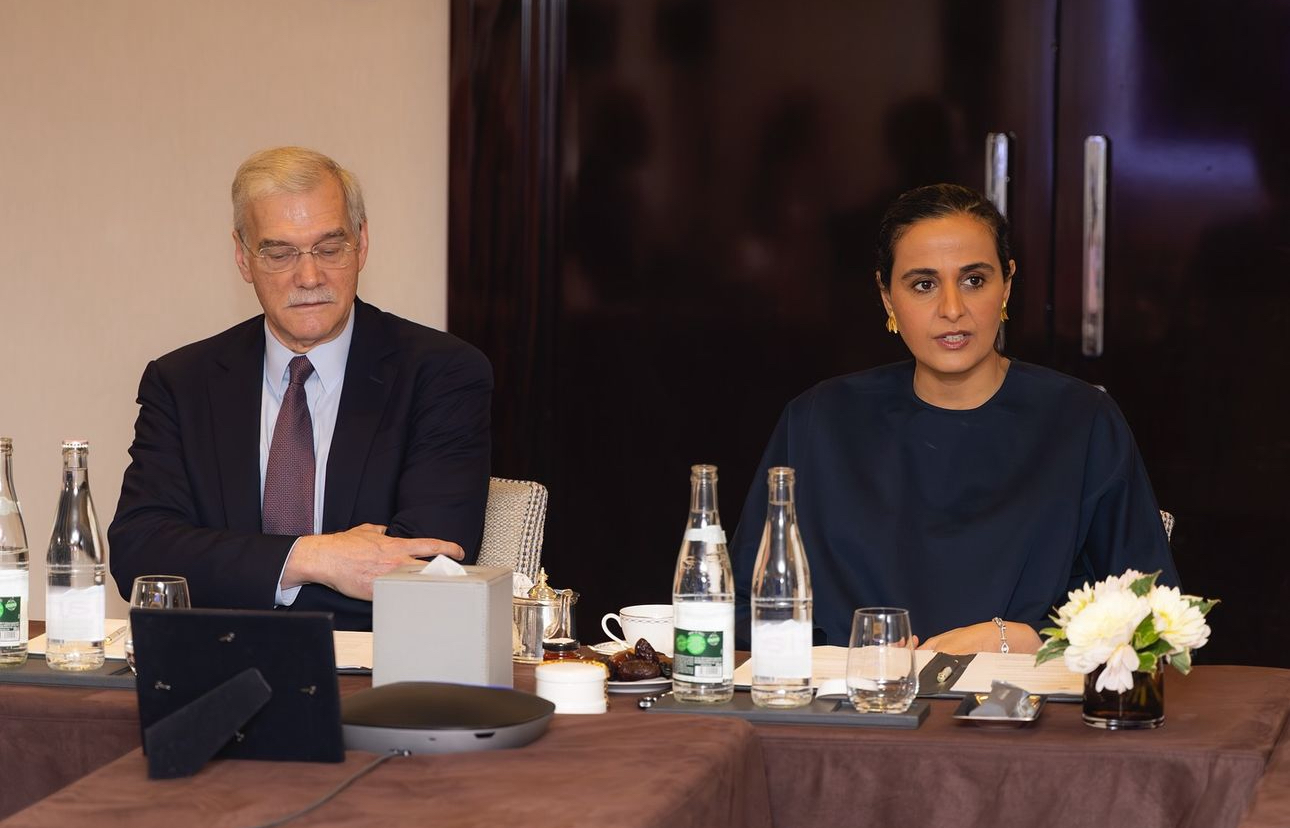
Amid complaints from parents about rising tuition costs, Qatar’s Supreme Education Council (SEC) has hired international consulting company PWC to review private school requests for fee increases.
Media reports about the move have been circulating for months, but the ministry previously denied the action:
@shabinakhatri @SEC_QATAR: @shabinakhatri This is not true. We hope that media be careful when they publish news@PeninsulaQatar
— وزارة التربية والتعليم والتعليم العالي (@Qatar_Edu) August 14, 2014
However, in a short statement to Doha News yesterday, the council said: “We confirm that the SEC contracted PWC to review private school fees for the academic year 2014/2015.”
PWC did not respond to requests for a comment.

Most expat children in Qatar attend private schools and tuition costs in the sector vary significantly, from around QR10,000 a year at secondary level to nearly QR70,000 annually, depending on the school.
Many parents complain about fee uplifts every year. Combined with a chronic shortage of school places, some residents say they are being held to ransom by schools, and have little choice but to pay up.
But as the cost of living continues to rise, schools contend that they are grappling with ongoing financial pressure, particularly for staff salaries and housing, and have no option but to increase their fees.
For example, MES Indian School principal A.P Sadidharan told Doha News in May that the school had applied to raise its fees for the first time in four years.
“Prices are going up for everything, even petrol. We have no other way except to increase the fees,” he said.
New protocol
All private schools in Qatar are required to apply to the SEC for approval before they can raise their fees. Following complaints last year after many applications were rejected, the council introduced a new protocol for fee appraisals.
In May, it announced a new five-point plan and ratings system for all private schools that it said would create a “scientific and transparent system” for setting school fees.
According to the director of the SEC’s Private Schools Office, Hamad Mohammed Al Ghali, school applications would now be judged according to the following criteria:
- The current level of tuition fees and surcharges, previous fees and the number of times a school was granted permission to increase fees in recent years;
- Parents and pupils’ assessments of their teachers;
- The financial situation of the school;
- How well schools have filled out the SEC fee increase application form; and
- The school’s accreditation status.
Schools are also being grouped into bands of those with similar facilities and services in order to more fairly compare their fees with their peers.
This new system is being led by PWC, an SEC source told Qatar Tribune, adding that “the agency, not the SEC” had worked out the accepted percentage of fee increases for schools for this academic year based on the school’s academic achievements and on the services it provides.
Al Ghali said earlier this year that the council only accepted some 30 percent of school requests for fee hike, as the rest failed to show compelling evidence that they are incurring losses or upgrading their facilities. Most fee increases were limited to 4 percent.
Schools are able to lodge an appeal to the SEC’s initial decision, but have to give new evidence to support their appeal. It is not known how many have successfully achieved this.
Teachers’ salaries
One of the biggest expenses faced by schools is the cost of teachers’ salaries. While some teachers are well-paid, others, particularly in Indian schools, say they receive salaries of only QR2,500 a month.
Birla Public School principal A.K Shrivastava said he had tried to give his teachers a small salary increase of QR300 this year, but with caps on fee increases, was struggling to balance his books.
Staff salaries would be one of the issues examined by the SEC, according to the Qatar Tribune’s source, who said there were plans to increase some teacher’s salaries by up to 20 percent, and these raises would be connected to the approved school fee increases.
Thoughts?







